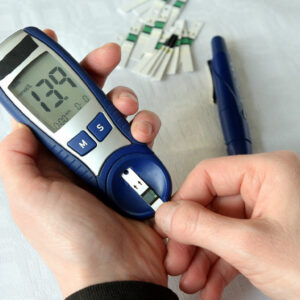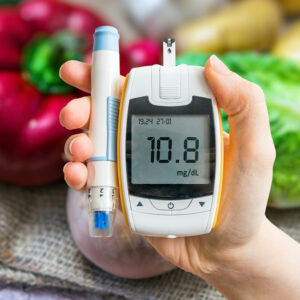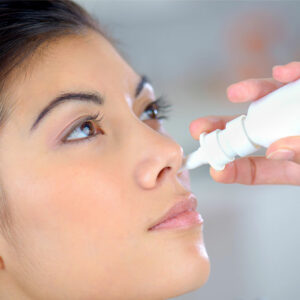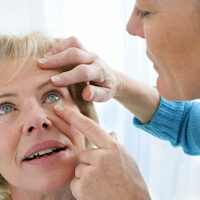
health
Must-know Triggers of Itchy Skin
Itchy skin is characterized by an uncomfortable and irritating sensation on the skin that creates an urge to scratch. Itching in itself is not a disease but a symptom. It could be triggered by parasitic infestations, fungal infections, sunburns, insect bites, dry skin, healing wounds, or an underlying skin disease like eczema. Depending on the cause, the patient’s skin may appear puffed up, rough, irregular, bumpy, or just the same. Skin disease Itchiness might be a result of skin disease. Some diseases affect the skin, causing rashes, inflammation, itchiness, or other unpleasant skin changes. They may be triggered by genetic factors, a poor lifestyle, or environmental factors. Irrespective, simple home remedies can help treat skin conditions in most cases. However, if the itching persists, one should check with the dermatologist to prevent the situation from worsening. Seborrheic dermatitis It is a rash that starts on the scalp and spreads around the eyebrows, beard, ears, neck, and sometimes around the chest. In rare cases, it also appears under the nostrils. The rash looks pink or purple and makes the affected area lighter than the surrounding skin. Seborrheic dermatitis causes the skin to become very itchy and inflamed. Chickenpox Chickenpox is a highly contagious disease caused by a virus.
Read More 









